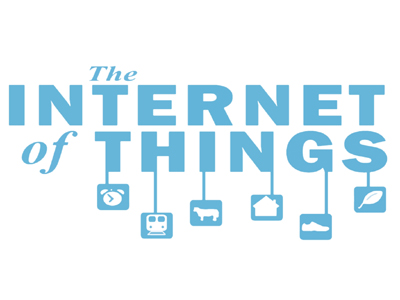
 SNBlog
SNBlog
By Bill Hogan
The value of connectivity is what’s driving the Internet of Things (IoT) — that concept of gathering actionable information via recognizable devices that reside on an Internet-based network.
The physical security industry has operated in this fashion long before the IoT became the latest buzz phrase. Sensors that detected motion in a room or readers that scanned cards were passing along information via the Internet so security directors could determine what was going on in a building or who was entering through a particular doorway.
Because security has been at the forefront of this movement, integrators have the opportunity to take a lead role as businesses look for ways to leverage IoT technology, especially as it relates to building automation.
The convergence of physical security and building automation is all around us these days. The same card that an employee uses to access his office can be just as easily programmed to turn on the heat as he comes through the door. Or sensors that detect an intruder can also determine when a room is empty and can turn off the lights, close the blinds or turn down the thermostat.
Home automation is another area where networked systems that drive the security side can also be leveraged in the BIoT environment. Think about the ease with which a consumer, using the backbone of her security system, can lock or unlock her front door, turn on the porch light or check on her kids and pets.
Increasingly, equipment is being networked to become part of the Internet of Things. And not only for the purpose of making living and working easier, but also to gather information to anticipate or prevent a problem. Sensors in the home of an elderly relative will be able to monitor movement and send an alert if, for instance, the front door hasn’t been opened in 24 hours or the bathroom hasn’t been accessed.
A seemingly dumb device, like a door latch, now can be easily configured with a relay to bring it onto the Internet and into the networked world.
With the steady movement toward BIoT technology, the question as integrators that we are asking themselves is: Where is my business in relationship to what is happening? Am I a leader or a follower? And do I have the tools at hand to take advantage of this burgeoning part of the industry?
A report from Memoori — a market research organization focused on smart building technologies — shows that the global market for Building IoT will surpass $85 billion in 2020 from the already robust $23 billion spent on BIoT in 2014.
This clearly illustrates that the BIoT trend isn’t going away and it behooves everyone in the physical security marketplace, from the integrator to the end user customer, to determine how they can harness the power of the Internet to bring efficiencies and benefits to their systems.
